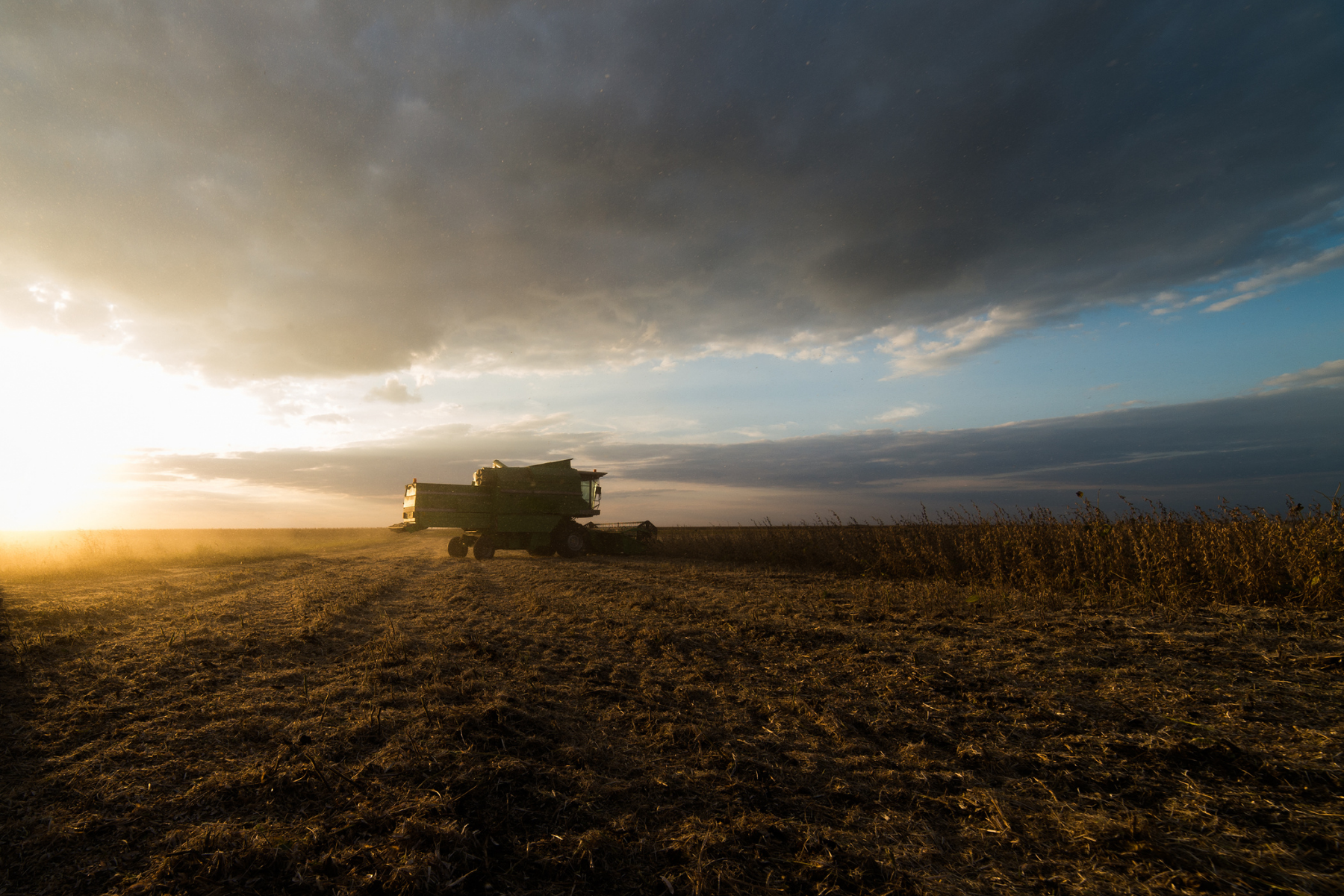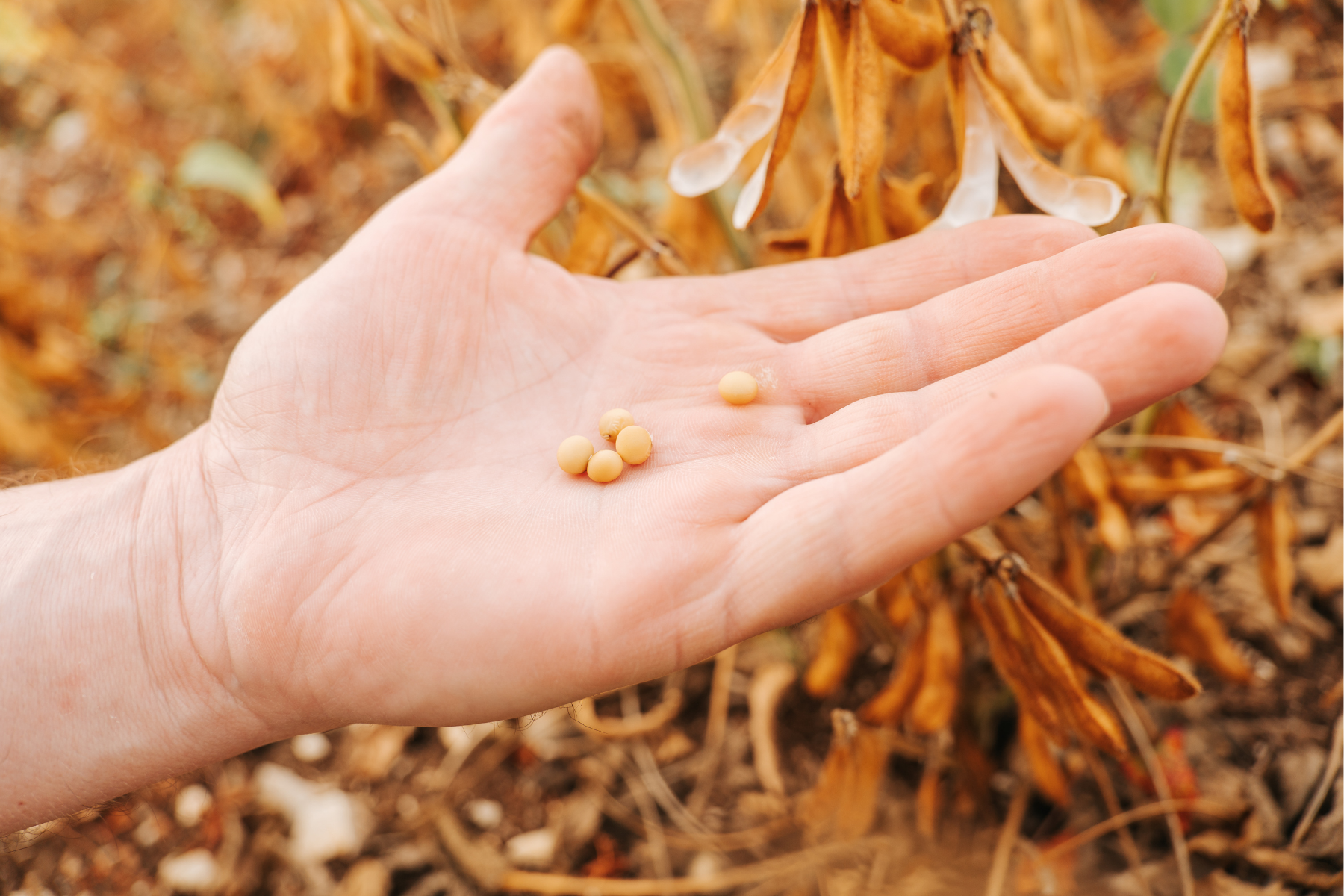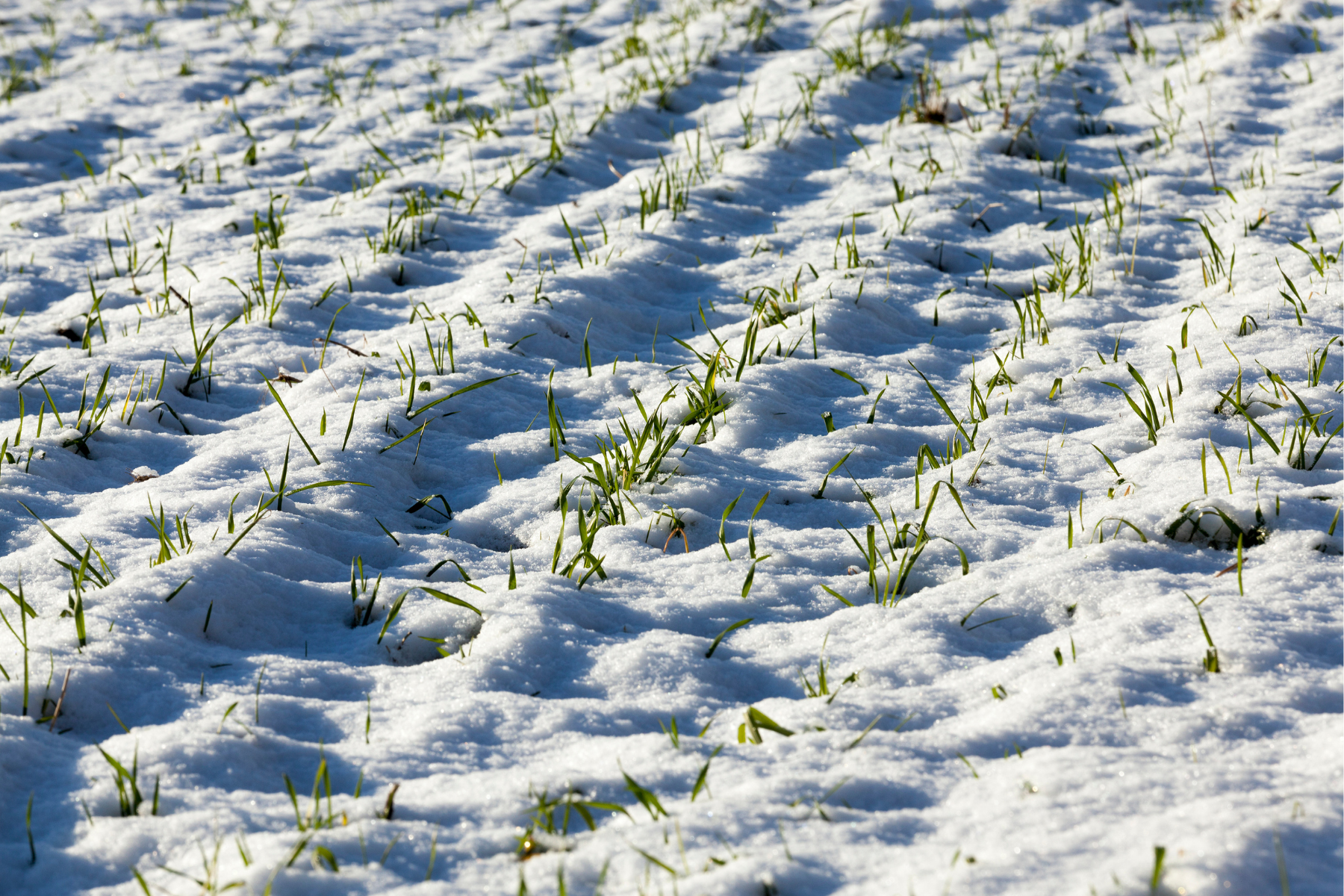Weeds, if left unchecked, can rob your crops of essential nutrients and sunlight, impacting their growth and overall yield. While many focus on weed management in the spring and summer, fall is a critical time to get ahead of the game. It’s an essential practice that not only sets the stage for a healthier, more productive crop in the upcoming season but also contributes to long-term sustainability.
Why Fall Weed Control Matters
Fall weed control plays a vital role in maintaining the health and productivity of your fields. Weeds are notorious for competing with your crops for essential resources such as water, nutrients, and sunlight. Controlling them in the fall provides several advantages:
- Reduced Competition: Weeds are often in their active growth stage during the fall. By managing them now, you reduce competition with your crops, allowing your plants to thrive.
- Preventing Overwintering: Many weed species can overwinter and re-emerge in the spring. Fall control helps prevent this, reducing the weed seed bank in your fields.
- Improved Soil Health: Effective weed control can contribute to improved soil health and nutrient availability for your crops.
Fall Weed Control Strategies
Effective weed control requires a combination of strategies. Here are five of the most essential ones:
- Tillage: Depending on your crop rotation and field conditions, fall tillage can help bury weed seeds and disrupt weed growth. However, it’s essential to consider erosion and soil health when using this method.
- Cover Crops: Planting cover crops in the fall can help suppress weed growth. Some cover crops, like cereal rye, can smother weeds and improve soil health.
- Herbicides: Fall herbicide applications can be a potent tool for weed control. Sylvite agronomists and agriculture experts can guide you through the different types of herbicides and when to apply them for maximum efficacy.
- Crop Rotation: Altering your crop rotation can disrupt weed life cycles, making it more challenging for specific weed species to thrive.
- Integrated Weed Management: A holistic approach that combines various methods, including cultural, mechanical, and chemical strategies, to manage weeds effectively.
The Role of Crop Protection
Crop protection plays a pivotal role in weed management. Choosing the right crop protection products can help you combat weed issues while safeguarding your crops.
- Selective Herbicides: These herbicides target specific weed species while leaving your crop unharmed.
- Residual Herbicides: Residual herbicides can provide long-lasting weed control, reducing the need for multiple applications.
- Non-Chemical Methods: Crop protection goes beyond chemicals. In addition to herbicides, biological control and using pest-resistant crop varieties should be considered.
Leveraging Crop Nutrients for Weed Control
Optimal crop nutrition is key to a successful farming operation. Crop nutrients can be used strategically to improve crop competitiveness and reduce weed pressure.
- Balanced Nutrition: Ensuring your crops receive the right balance of essential nutrients can help them grow vigorously and outcompete weeds.
- Nutrient Timing: Timing nutrient applications to coincide with critical growth stages can give your crops a competitive edge against weeds.
- Nutrient Management Practices: Managing nutrients, such as nitrogen and phosphorus, can promote crop health and weed resistance.
Seed Solutions for Weed Resistance
Choosing the right seed varieties can make a substantial difference in weed management. Specific seed traits can help your crops thrive in weed-prone environments.
- Weed-Resistant Traits: Genetically modified crops with weed-resistant traits can reduce the impact of herbicide-resistant weeds.
- Cover Crop Seed: Selecting the right cover crop seeds can contribute to weed suppression and improved soil health.
- Diverse Seed Varieties: Crop diversity can be an effective strategy in weed control, as different crops can disrupt weed life cycles.
Fall weed control is a vital component of successful crop management. By strategically targeting and managing weeds during this season, farmers can decrease weed seedbanks, reduce competition for resources, and set the stage for healthier soils and more productive crops in the upcoming season.
At Sylvite, we’re here to support you with tailored solutions and expert advice, ensuring that your fields remain productive and weed-free. With the right approach, you can master fall weed control and pave the way for abundant and thriving crops in the seasons to come.
Additional Resources
- Weed Control for 2024 (Ontario Grain Farmer Magazine)
- Three Tips for Weed Management this Fall (Farmtario)
- Cover Crops for Weed Management (Farmtario)
- Perennial, Winter Annual Weeds Mean Big Yield Losses (Top Crop Manager)
- Preserve Soil Health with Post-Harvest Weed Control (Farmers Business Network)




